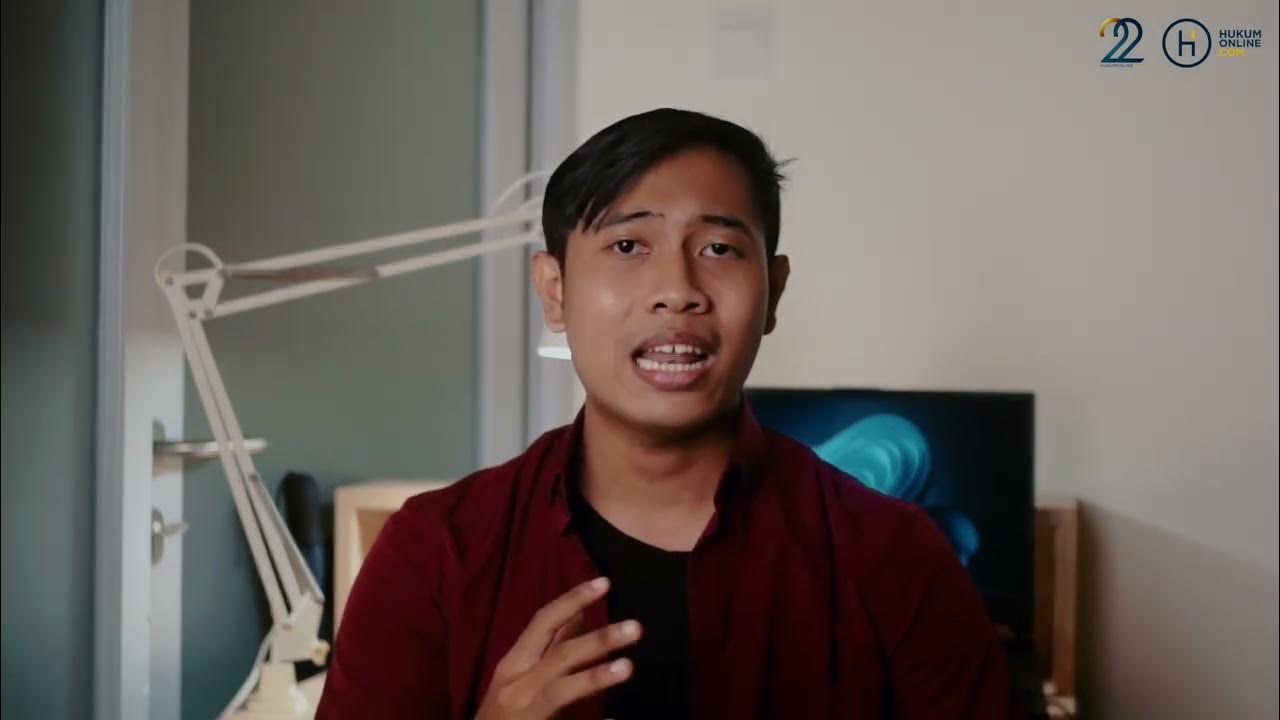VTS 05 1
Summary
TLDRThe transcript explores the growing concerns about memory loss among individuals, particularly in the digital age. It highlights how reliance on technology, like smartphones and navigation systems, may impair our natural memory functions. Neuroscientist Oliver Peters discusses the distinction between memory retrieval and storage, emphasizing that stress-related phenomena often disrupt our ability to retain information. The transcript suggests that frequent interruptions and multitasking in daily life contribute to a decline in cognitive functions, revealing the challenges of maintaining meaningful learning in an increasingly digital world.
Takeaways
- 😀 Increased forgetfulness is a growing concern among young people in the digital age.
- 📱 Heavy reliance on smartphones and digital devices contributes to cognitive decline.
- 🧠 Many younger individuals report memory problems, often attributed to stress rather than serious neurological issues.
- 🔄 Constant digital distractions disrupt the brain's ability to store and retrieve information effectively.
- ⌛ The average person interrupts their work every 11 minutes due to phone calls, texts, and emails.
- ⚠️ Multitasking leads to cognitive overload, making it difficult to focus and retain information.
- 📊 Stress-related phenomena can interfere with memory mechanisms, primarily affecting the storage process.
- 💡 Learning and memory retention are enhanced through active engagement, practice, and reflection.
- 🔗 The brain relies on connections formed between neurons, which strengthen through learning experiences.
- 🌐 Knowledge stored in the brain is organized and prioritized, contrasting with the often chaotic nature of digital memory.
Q & A
What are the primary concerns expressed by individuals regarding memory?
-Many individuals report increased forgetfulness and a perceived decline in memory capacity, often attributing this to their reliance on digital devices for information storage.
How does reliance on digital technology affect memory retention?
-Dependence on digital technology can hinder the brain's natural ability to store and recall information effectively, leading to cognitive overload and diminished memory functions.
What demographic appears to be most affected by forgetfulness according to the script?
-Younger generations are noted to be particularly affected by forgetfulness and often seek help for memory-related issues.
What does Oliver Peters, the brain researcher, suggest about memory issues in younger people?
-Oliver Peters suggests that while younger individuals may express concerns about their memory, these issues are usually not indicative of serious conditions like neurodegenerative diseases but are often stress-related.
What role does stress play in memory and cognitive functions?
-Stress can disrupt the memory storage process, making it challenging for individuals to focus and retain information, which contributes to memory loss.
What evidence is provided to indicate that digital devices contribute to forgetfulness?
-The script mentions a US study showing that individuals interrupt their work approximately every 11 minutes due to notifications and messages, which contributes to cognitive overload.
How does multitasking impact the brain's processing of information?
-Multitasking requires the brain to divide attention among various tasks, leading to increased stress and a reduced ability to retain information effectively.
What is suggested as essential for effective learning and memory retention?
-Engagement through practice, reflection, and active learning is essential for solidifying information in memory, as opposed to solely relying on digital storage.
What insights does the script offer about the nature of our memory compared to digital storage?
-The script suggests that while digital storage is vast and easily accessible, human memory is more organized and weighted by experiences, which impacts how information is retained and recalled.
What strategies can individuals use to improve their memory in the digital age?
-Individuals can improve their memory by minimizing distractions, practicing mindfulness, engaging in active learning, maintaining a healthy lifestyle, and taking regular breaks from technology.
Outlines

This section is available to paid users only. Please upgrade to access this part.
Upgrade NowMindmap

This section is available to paid users only. Please upgrade to access this part.
Upgrade NowKeywords

This section is available to paid users only. Please upgrade to access this part.
Upgrade NowHighlights

This section is available to paid users only. Please upgrade to access this part.
Upgrade NowTranscripts

This section is available to paid users only. Please upgrade to access this part.
Upgrade NowBrowse More Related Video

Ancaman Siber | Tingkatkan pengetahuan digital, elak bahana jenayah siber

DR COM DEMORI | Filósofa Marilena Chaui comenta sobre o mundo virtual

Tantangan Ideologi Pancasila di Era Digital - Part 1

'Vape ONTPLOFT in mijn KEEL' | De waarheid over wegwerpvapes

What's Up Dok: Digital Dementia | Gud Morning Kapatid

Begini Aturan Hukum Kebebasan Berpendapat dalam UU ITE #Hukumonline22Anniversary
5.0 / 5 (0 votes)